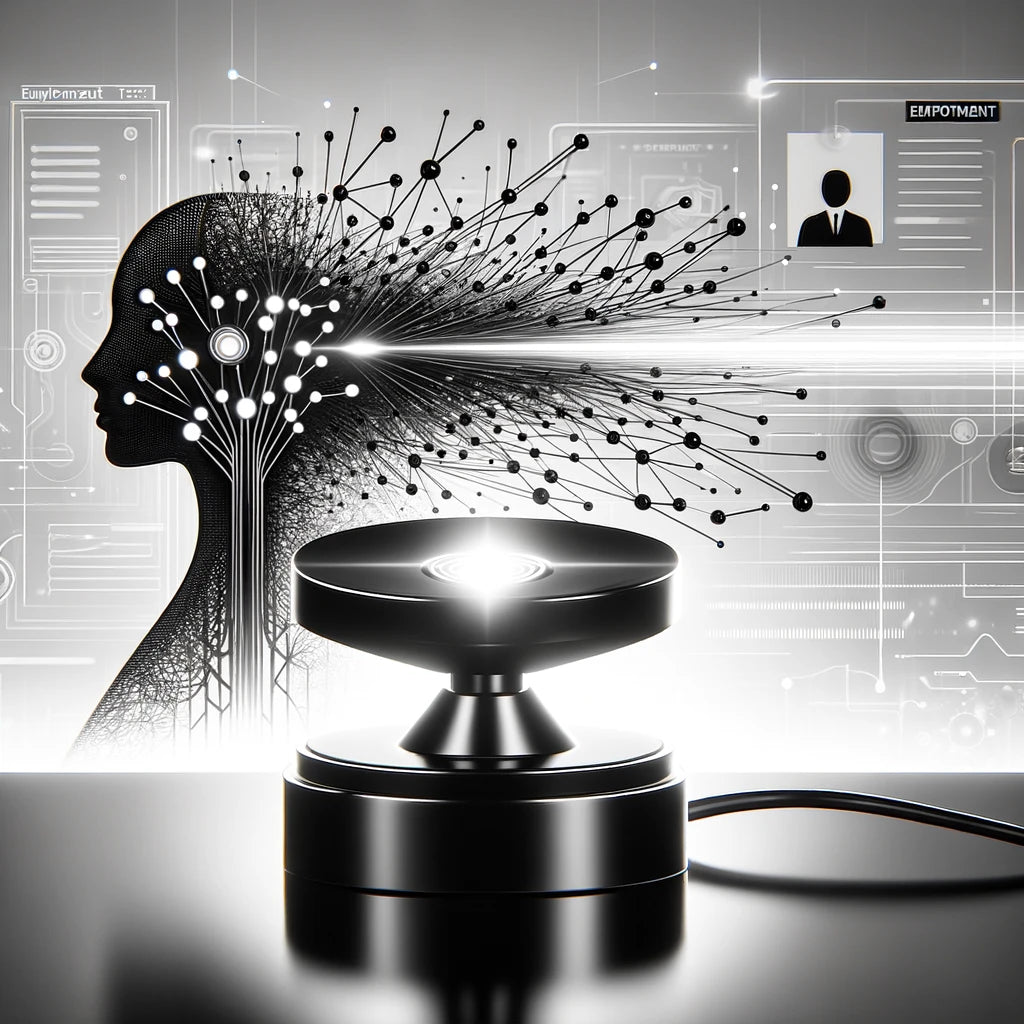Sora, for the uninitiated, is the latest AI tool in the works by artificial intelligence company OpenAI. It purports to take a text command and instantly turn it into a shockingly believable HD video.
Altman received many requests, one including: “A bicycle race on ocean with different animals as athletes riding the bicycles with drone camera view.”
The results were out of this world. Sora produced a short video of sneaker-clad dolphins, penguins and a turtle racing across the ocean, on multicoloured bikes, under a blue sky.
Sora is not yet available to the public, but it won’t be long until that happens.
The Business Insider publication similarly reported on the same day that the ChatGPT maker is developing an artificial intelligence search engine that will rival Google.
These AI tools will undoubtedly disrupt the workplace before employers know about them, much less adopt them.
Sora could seriously reduce a company’s marketing efforts and costs.
Imagine typing a simple command like, “Create a video with my company logo on a skyscraper,” or, “Make a video of my team at the peak of mount Everest,” and generating instant content at a fixed, relatively low cost. It raises real questions about what companies will do with their marketing, social media and outreach teams.
More powerful search engines, coupled with ChatGPT, will make a marked shift on research and data-driven roles. Project management is already fundamentally changing.
I have written in the past about how employees are often unclear about how AI can be used at work or if it can be used at all. According to an August 2023 BlackBerry report – Why Are So Many Organizations Banning ChatGPT? – 75% of those surveyed worldwide are considering or implementing bans on ChatGPT or other AI applications in the workplace.
The leading reason for these organizations to move to block or ban ChatGPT and other AI tools was the potential risk to data security and privacy (67%). The second was risk to corporate reputation at 57%.
Using AI in the employment world is most akin to doping in the athletic world. It is not just a competitive edge, it could present unsavoury consequences.
Despite its tremendous potential, there are still no accepted norms for using artificial intelligence in a professional space. Companies are weary of how the technology can dilute their own work product and sully their brands.
The power of AI is unrelenting and employees will quietly revolutionize their workplaces whether the technology is welcomed or not, whatever the risks or consequences. Employers need to lean into AI governance now.
AI governance is not just a tool employers can use to limit liability and protect corporate culture, it is probably the best business decision you can make to attract and retain your customers.
Consider the following:
- Establish clear policies on AI use in the workplace – Employers should establish a policy that outlines the responsible use of AI in the workplace and how to identify cybersecurity risks.
- AI support with employee responsibility – Employers should inform employees that all work product generated by AI should be checked for accuracy. Ultimately, employees will be held accountable for their final product.
- Progressive discipline – Employers should communicate clearly that progressive discipline policies will remain in place when AI is involved in producing work products.
- Provide training and support – Employers should consider offering training sessions to employees on using AI effectively and responsibly in the workplace.
- AI is the worst kept workplace secret. It’s time for employers to take the reins.



